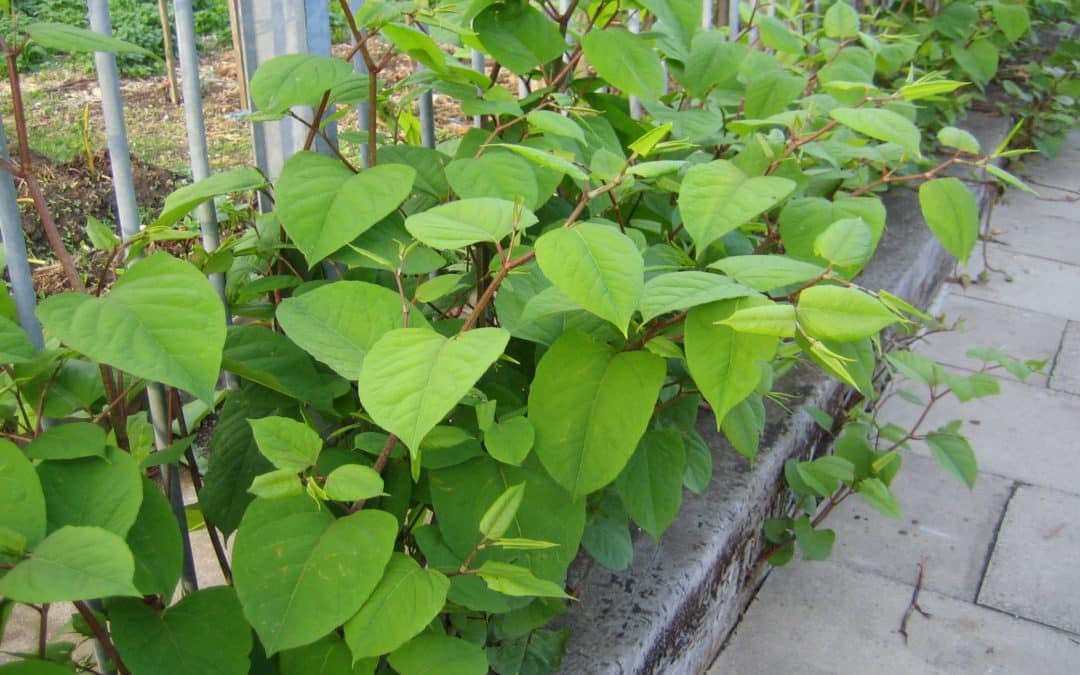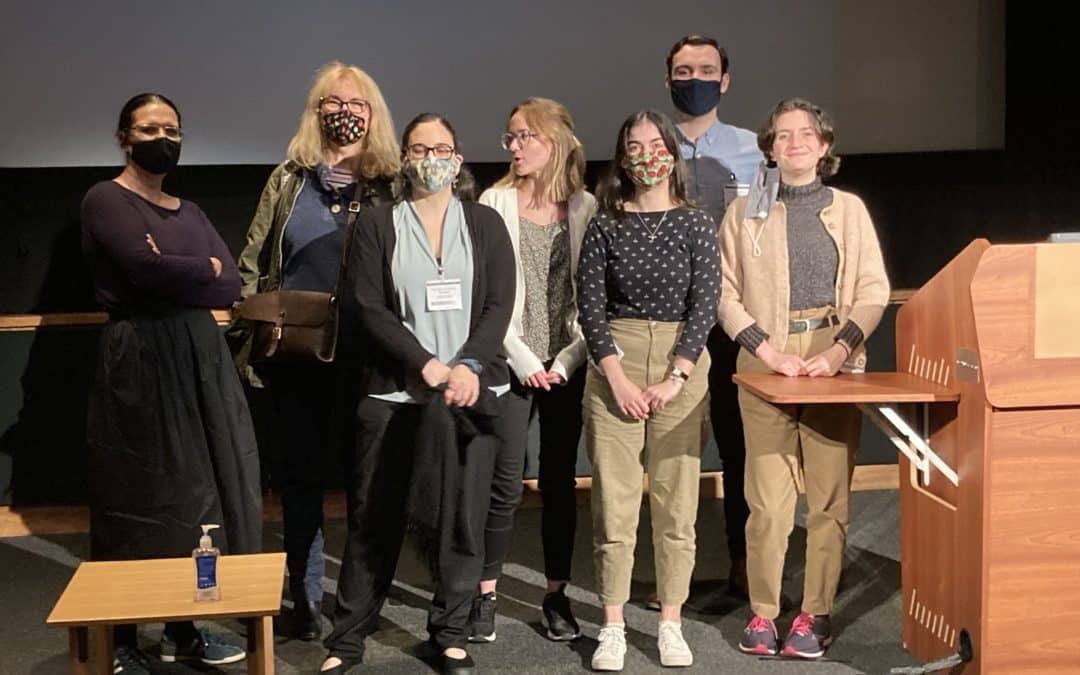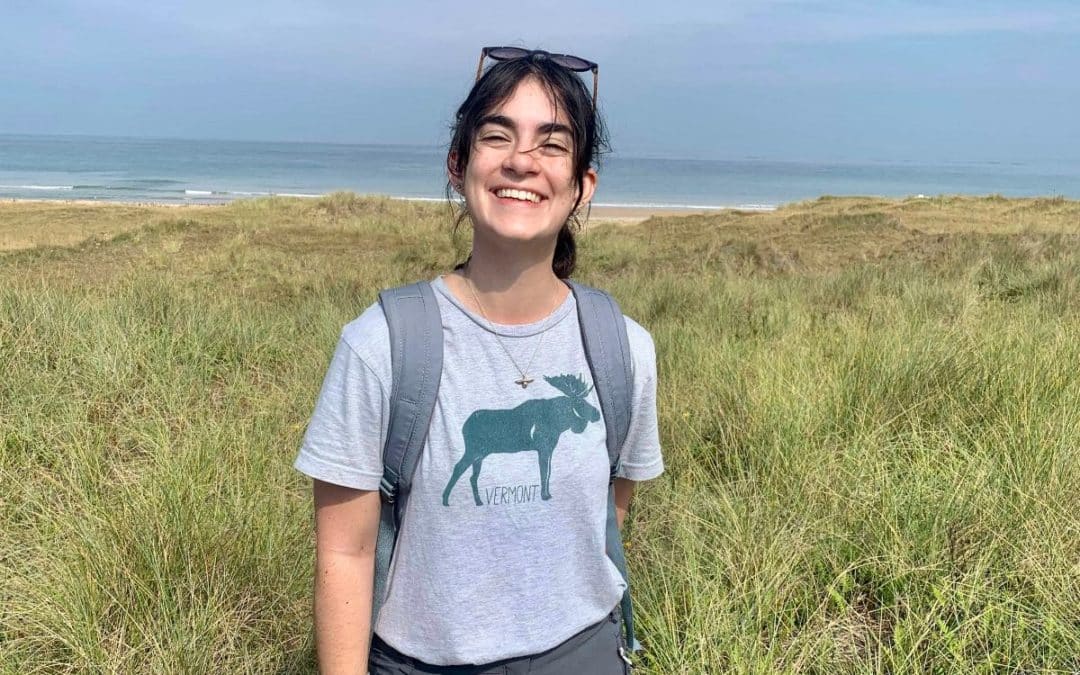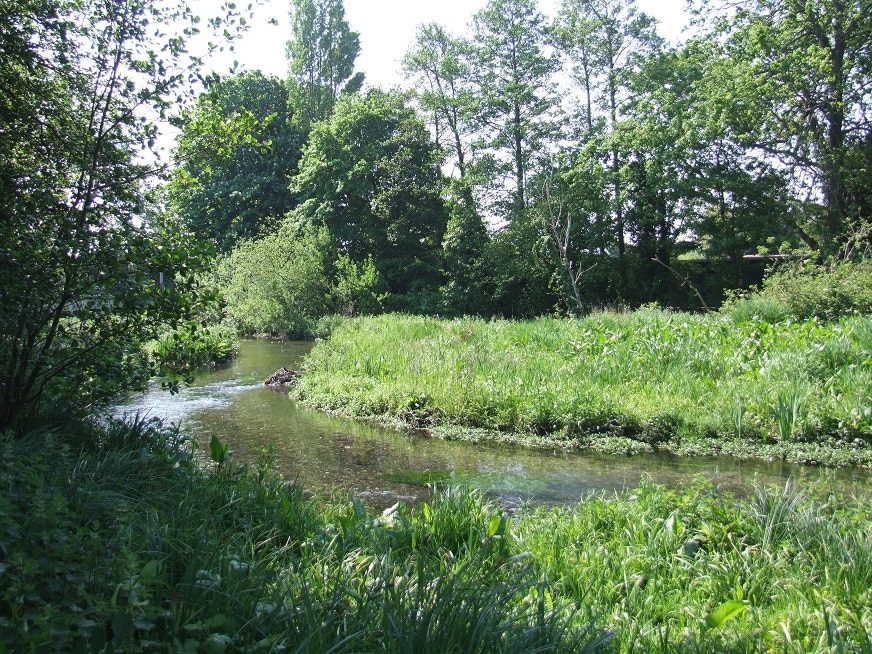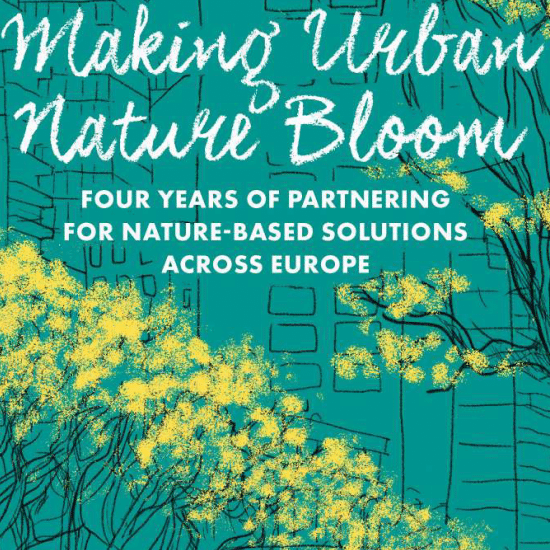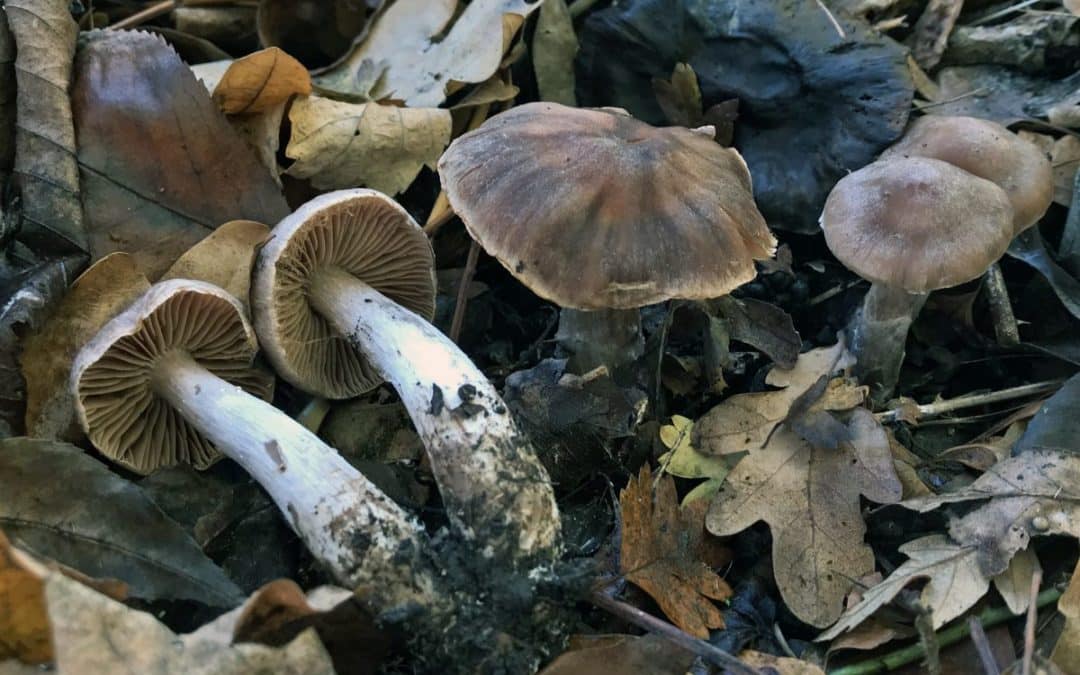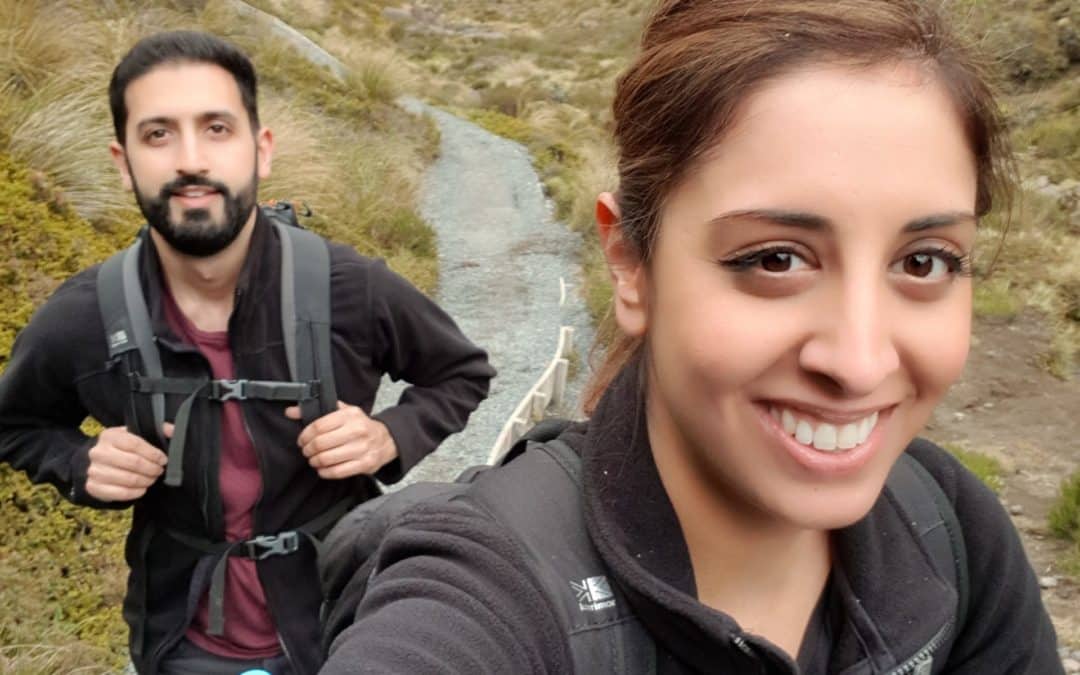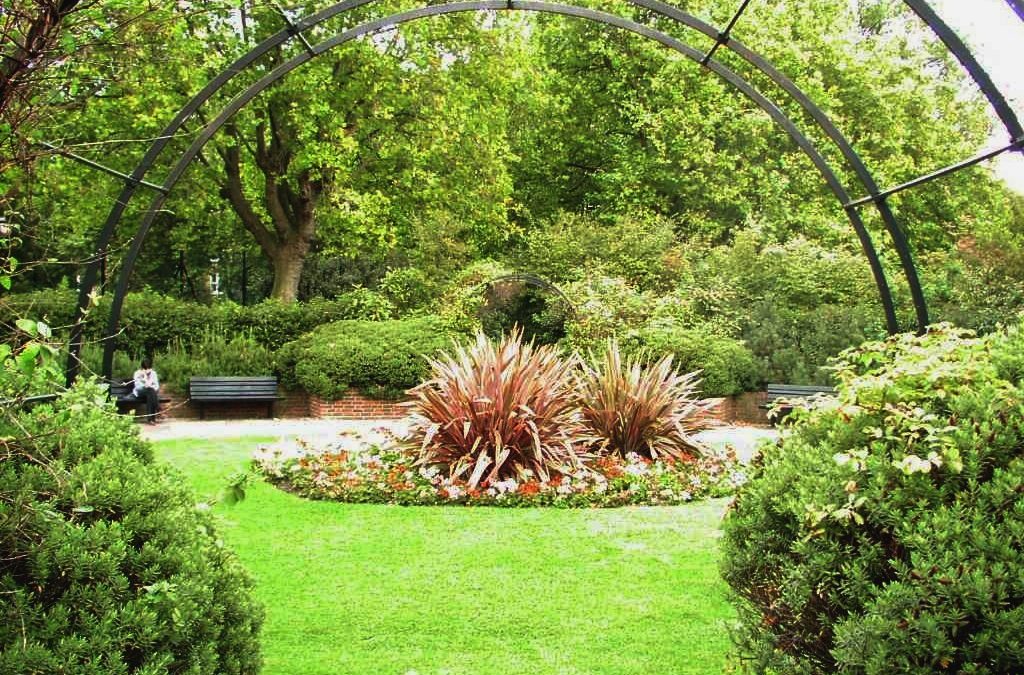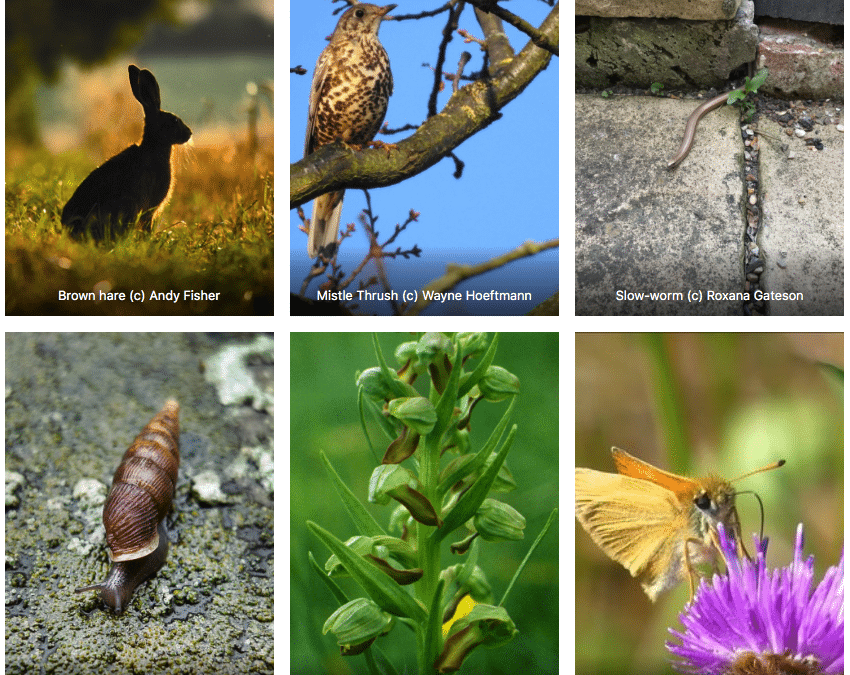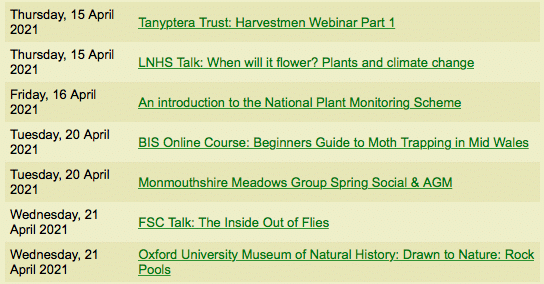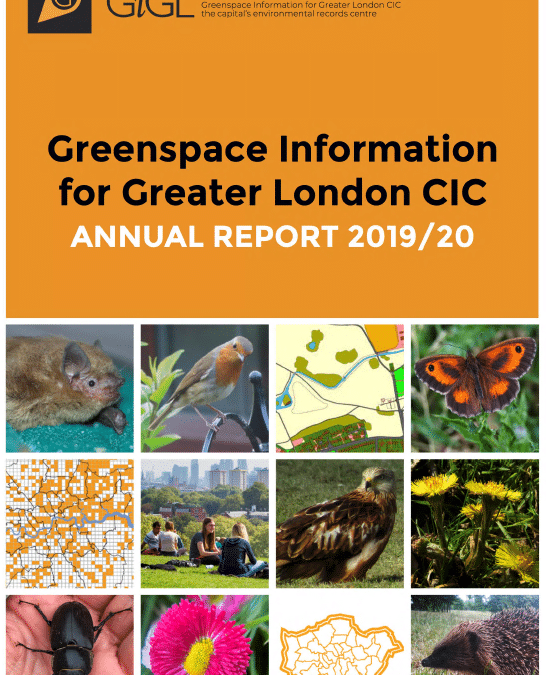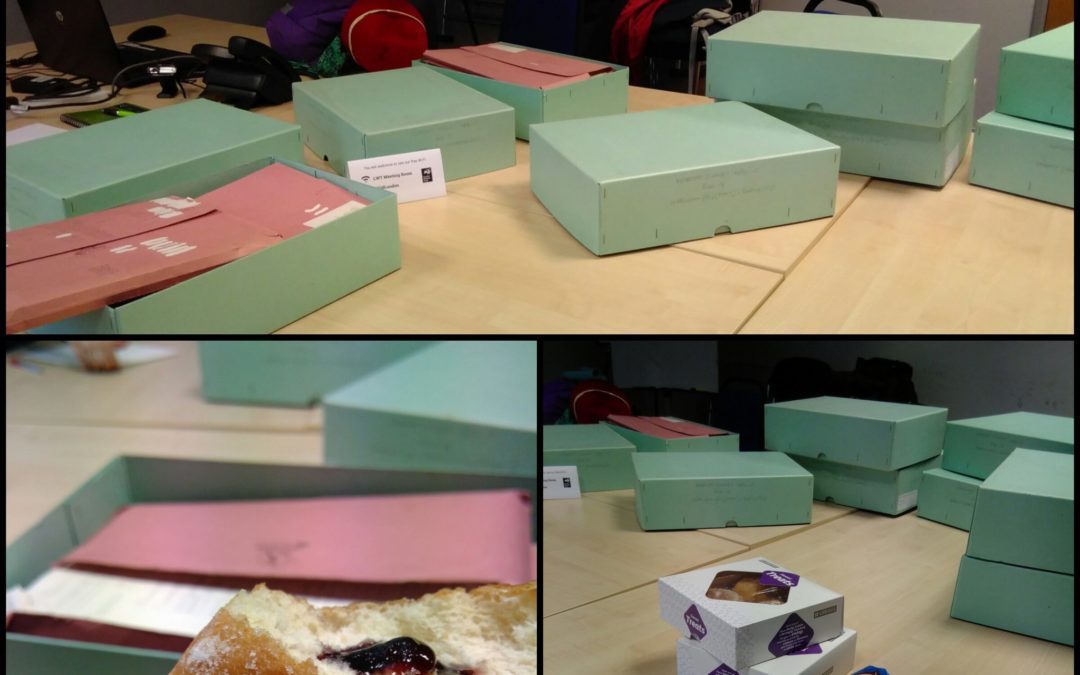It might be an understatement to say that it has been a busy year for us, which you can probably tell if you’ve been keeping up with our monthly GiGLer articles. We’ve had to say some sad farewells but have also welcomed many new GiGLers, with no less than six new arrivals! In this winter edition of the GiGLer editorial I am delighted to introduce all of our amazing new team members, and I’ve also got some fantastic GiGL achievements to share …


